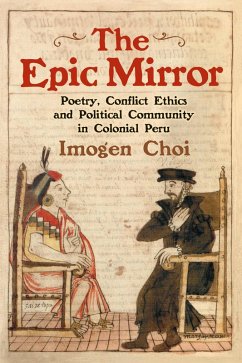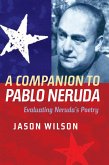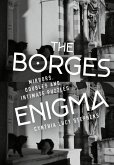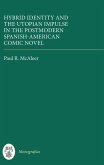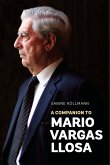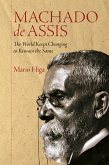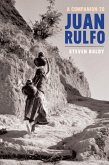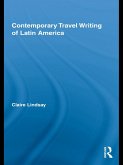How did Spanish-American writers and veterans in the late sixteenth and early seventeenth century use epic poetry to search for ethical solutions to the violent conflicts of their age?
Winner of the 2017-18 AHGBI-Spanish Embassy Publication Prize
The Epic Mirror studies how Spanish-American writers and veterans in the late sixteenth and early seventeenth century used epic poetry to search for ethical solutions to the violent conflicts of their age. The wars about which they wrote took place at the frontiers of the Spanish empire, where new political communities were emerging: fiercely independent Amerindian republics, rebellious Spanish settlers, maroon kingdoms of fugitive African slaves. This colonial reality generated a distinctive vision of just warfare and political community.
Working across the fields of Hispanic literature, the history of political thought, and studies of empire, colonialism and globalisation, Choi reinterprets three major works of colonial Latin American literature: Alonso de Ercilla's La Araucana (1569-90), Pedro de Oña's Arauco domado (1596), and Juan de Miramontes Zuázola's Armas antárticas (1608-9). She argues that these works provide a rare insight into the development of political thought in Viceregal Peru. Through the imaginative mirrors of epic, the reader is forced to ask the same questions of the unfinished conquests of the Americas as of those in Africa, Asia or Europe: when conflicting forces are divided by irreconcilable world views, even if the war is won, how is it possible to achieve peace?
Hinweis: Dieser Artikel kann nur an eine deutsche Lieferadresse ausgeliefert werden.
Winner of the 2017-18 AHGBI-Spanish Embassy Publication Prize
The Epic Mirror studies how Spanish-American writers and veterans in the late sixteenth and early seventeenth century used epic poetry to search for ethical solutions to the violent conflicts of their age. The wars about which they wrote took place at the frontiers of the Spanish empire, where new political communities were emerging: fiercely independent Amerindian republics, rebellious Spanish settlers, maroon kingdoms of fugitive African slaves. This colonial reality generated a distinctive vision of just warfare and political community.
Working across the fields of Hispanic literature, the history of political thought, and studies of empire, colonialism and globalisation, Choi reinterprets three major works of colonial Latin American literature: Alonso de Ercilla's La Araucana (1569-90), Pedro de Oña's Arauco domado (1596), and Juan de Miramontes Zuázola's Armas antárticas (1608-9). She argues that these works provide a rare insight into the development of political thought in Viceregal Peru. Through the imaginative mirrors of epic, the reader is forced to ask the same questions of the unfinished conquests of the Americas as of those in Africa, Asia or Europe: when conflicting forces are divided by irreconcilable world views, even if the war is won, how is it possible to achieve peace?
Dieser Download kann aus rechtlichen Gründen nur mit Rechnungsadresse in A, D ausgeliefert werden.
Hinweis: Dieser Artikel kann nur an eine deutsche Lieferadresse ausgeliefert werden.

